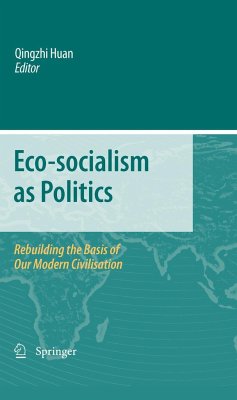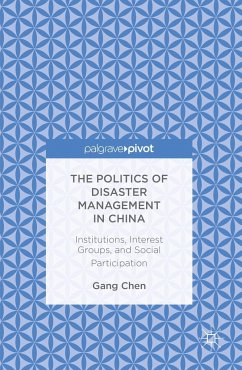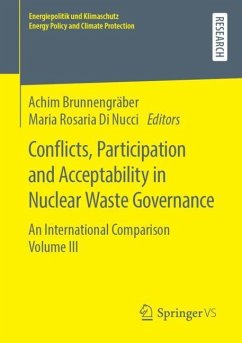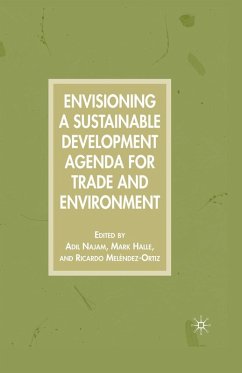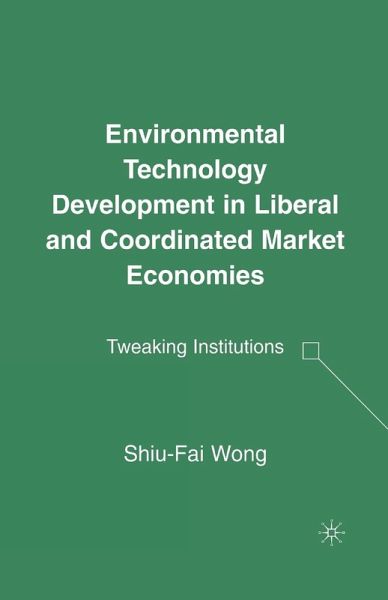
Environmental Technology Development in Liberal and Coordinated Market Economies
Tweaking Institutions

PAYBACK Punkte
19 °P sammeln!
This book explores the role of institutions in policy-making and the states, role in promotion of technology, focusing on, environmental technology development. Case studies include wind power diffusion in the UK and Germany, waste recycling in a variety of countries, and green automobile technology in the US and Japan.





